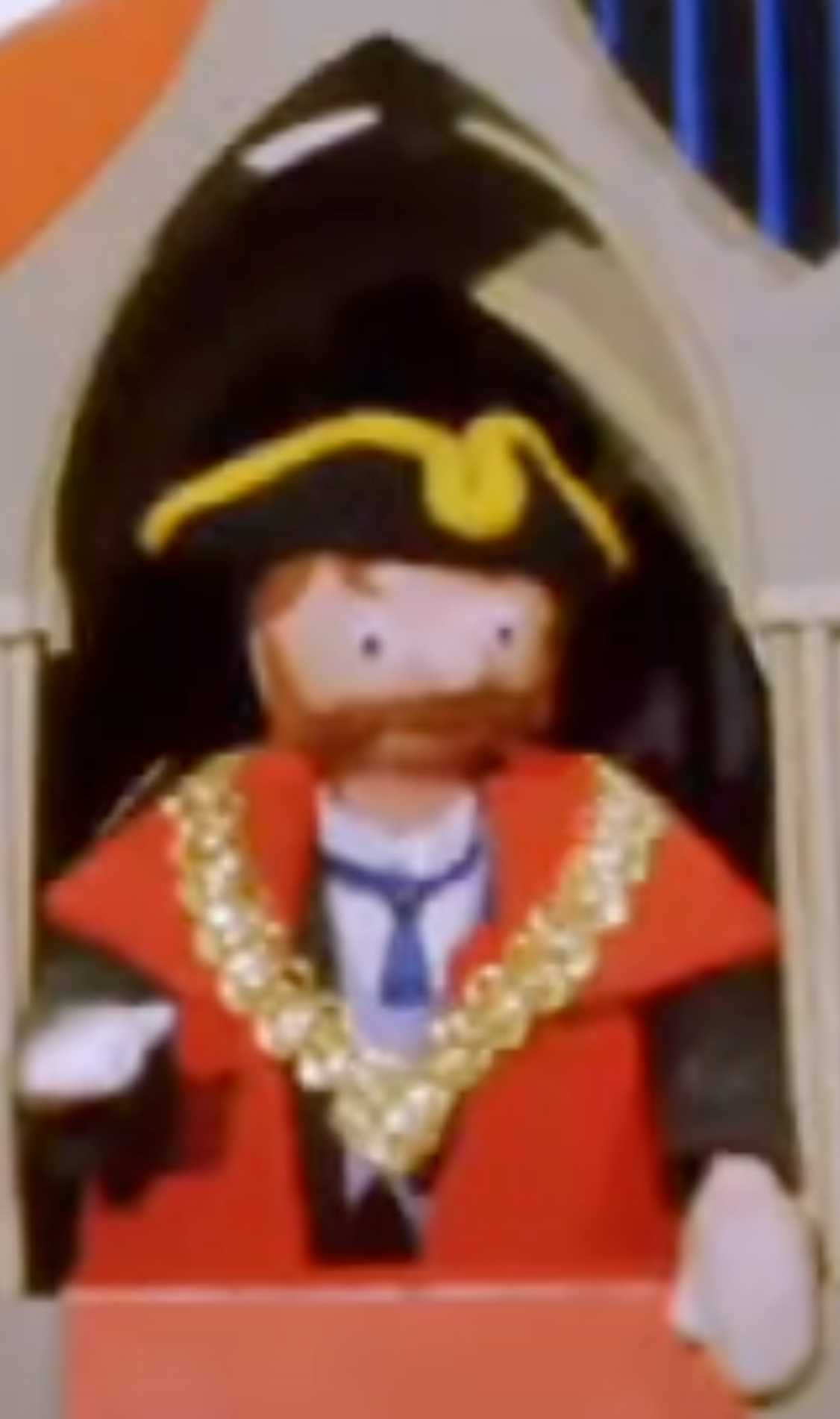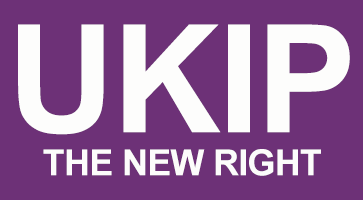Scrap Elected Mayors!
News & Social Media / Post
Why we will scrap directly elected mayors to bring back local democracy

- Historical Mayor:
Most of our hundreds of English “Mayors” and 23 “Lord Mayors” are historical ceremonial posts, acting as chairman at town/borough/city council meetings with little independent power (save a casting vote) and represent the town/city/area for civic and ceremonial events, perhaps wearing a chain (in some cases the full traditional outfit), performing a useful role of supporting local communities and businesses.
- Directly Elected Mayors (with devolved powers):
The first of these, the Mayor of London with devolved powers was established in 1999. Then followed the Local Government Act 2000 (LG Act) introducing the option of local authorities having a directly elected Mayor, if approved through a local referendum. Whilst government was keen, this was not so popular with several local councils. Government pushed further, so under the ironically named Localism Act 2011 central government could trigger local referenda for an elected mayor. The following year, most of the referendums triggered by government voted “no” (including Birmingham, Leeds, Manchester, Sheffield, Newcastle-upon-Tyne, Nottingham etc).
Then, the Cities and Local Government Devolution Act 2016 (CLGD Act) came in to increase directly elected mayors to some combined local authorities (where “agreed”) and devolve powers to them (the bribe). Notably under this “agreed” is not by a referendum of the people (not so cheap to bribe), it simply required a majority on all councils in the area to “agree” for what is sometimes termed a Metro Mayor.
None of the ten current “Metro Mayor” posts have been approved in a referendum, yet the public had previously voted “no” to the creation of a directly elected Mayor within the catchment areas of these ten areas in: Leeds*, Bradford*, Kirklees, Birmingham*, Coventry*, Manchester*, Newcastle-upon-Tyne*, Sheffield* and Wakefield [* = already has a long-established traditional Lord Mayor.]
However, under the CLGD Act, the Government was pressing ahead (don’t forget Boris is a former Mayor of London, so is as “heart and soul” passionate about this as David Cameron was about the EU). They have forgotten about local referendums (they failed to give the “right” answer), all they need is to get the local councils to agree and the well-established “easy” way is to bribe them with power and/or money (call it “devolution”) so “devolution deals” have been negotiated across England, most already failing to get agreement in their unsmoked-filled rooms.
The above LG/CLGD acts allow referendums to abolish an elected mayor post.
Of the 54 referendums to change to a model of a directly elected mayor 17 resulted in the creation of a mayor and 37 voted “no” to the post. There have been eight referendums to scrap the post and three (Stoke-on-Trent, Hartlepool, and Torbay) already voted to scrap the post.
The legislation applies to Wales, but (the already devolved Welsh Assembly doubled the threshold to approve a local referendum and Ceredigion county council is the only one to hold a referendum - in 2005 with over 72% voting “no” to the new post.”
Directly elected mayors are an unnecessary and expensive extra tier of Government. They also put too much power in the hands of one person – good, bad or indifferent. We even have cases of two directly elected mayors, such as the directly elected Mayor for the West of England Combined Authority, which includes Bristol (as well as West Gloucestershire and Bath & North East Somerset) plus a directly elected Mayor for Bristol, and a similar situation in four London boroughs.
The most democratic way to provide local council services is through our existing directly elected local councillors.
The UK Independence Party would scrap all directly elected mayoral posts, including ‘Metro Mayor’ and other forms of combined authority mayor, including for the Greater London Assembly, which would appoint its own chairman.
Steve Unwin
UK Independence Party – Spokesman for Home Affairs, Political Reform & Local Government
Recent National News











